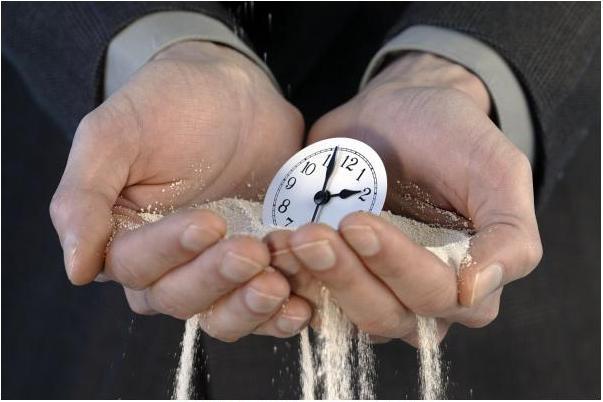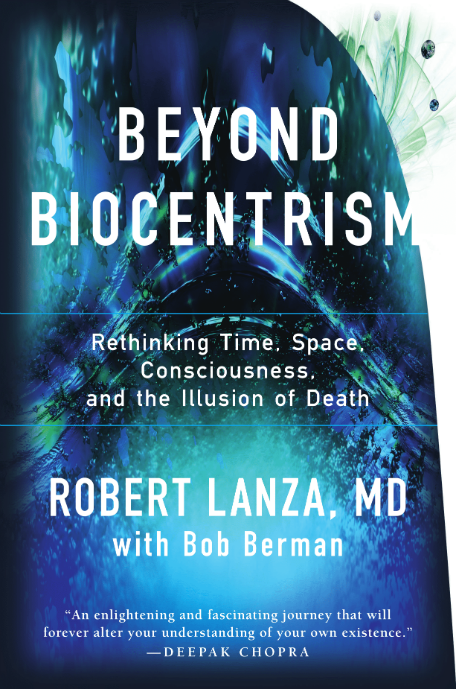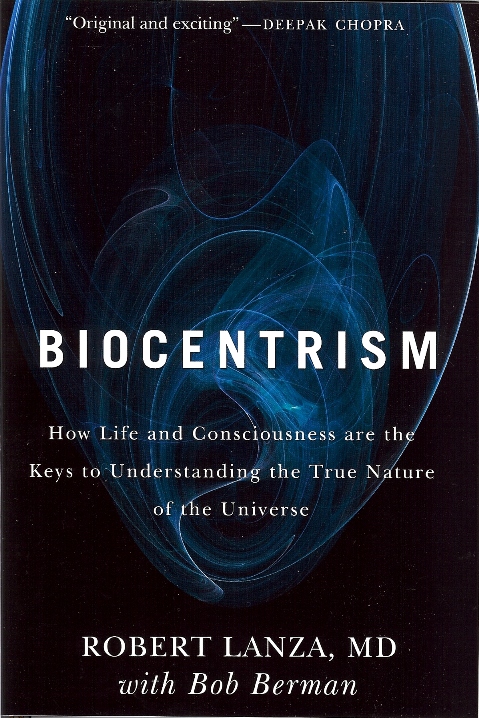Evidence Suggests Your Past Isn’t Set in Stone

Recent discoveries require us to rethink our understanding of history. “The histories of the universe,” said renowned physicist Stephen Hawking “depend on what is being measured, contrary to the usual idea that the universe has an objective observer-independent history.”
Recent scientific discoveries suggest we must re-think everything that we’ve learned about the past, human evolution and the nature of reality.
Is it possible we live and die in a world of illusions? Physics tells us that objects exist in a suspended state until observed, when they collapse in to just one outcome. Paradoxically, whether events happened in the past may not be determined until sometime in your future – and may even depend on actions that you haven’t taken yet.
In 2002, scientists carried out an amazing experiment, which showed that particles of light “photons” knew — in advance — what their distant twins would do in the future. They tested the communication between pairs of photons — whether to be either a wave or a particle. Researchers stretched the distance one of the photons had to take to reach its detector, so that the other photon would hit its own detector first. The photons taking this path already finished their journeys — they either collapse into a particle or don’t before their twin encounters a scrambling device. Somehow, the particles acted on this information before it happened, and across distances instantaneously as if there was no space or time between them. They decided not to become particles before their twin ever encountered the scrambler. It doesn’t matter how we set up the experiment. Our mind and its knowledge is the only thing that determines how they behave. Experiments consistently confirm these observer-dependent effects.
More recently (Science 315, 966, 2007), scientists in France shot photons into an apparatus, and showed that what they did could retroactively change something that had already happened. As the photons passed a fork in the apparatus, they had to decide whether to behave like particles or waves when they hit a beam splitter. Later on – well after the photons passed the fork – the experimenter could randomly switch a second beam splitter on and off. It turns out that what the observer decided at that point, determined what the particle actually did at the fork in the past. At that moment, the experimenter chose his history.
Of course, we live in the same world. Particles have a range of possible states, and it’s not until observed that they take on properties. So until the present is determined, how can there be a past? According to visionary physicist John Wheeler (who coined the word “black hole”), “The quantum principle shows that there is a sense in which what an observer will do in the future defines what happens in the past.” Part of the past is locked in when you observe things and the “probability waves collapse.” But there’s still uncertainty, for instance, as to what’s underneath your feet. If you dig a hole, there’s a probability you’ll find a boulder. Say you hit a boulder, the glacial movements of the past that account for the rock being in exactly that spot will change as described in the Science experiment.
But what about dinosaur fossils? Fossils are really no different than anything else in nature. For instance, the carbon atoms in your body are “fossils” created in the heart of exploding supernova stars. Bottom line: reality begins and ends with the observer. “We are participators,” Wheeler said “in bringing about something of the universe in the distant past.” Before his death, he stated that when observing light from a quasar, we set up a quantum observation on an enormously large scale. It means, he said, the measurements made on the light now, determines the path it took billions of years ago.
Like the light from Wheeler’s quasar, historical events such as who killed JFK, might also depend on events that haven’t occurred yet. There’s enough uncertainty that it could be one person in one set of circumstances, or another person in another. Although JFK was assassinated, you only possess fragments of information about the event. But as you investigate, you collapse more and more reality. According to biocentrism, space and time are relative to the individual observer – we each carry them around like turtles with shells.
History is a biological phenomenon — it’s the logic of what you, the animal observer experiences. You have multiple possible futures, each with a different history like in the Science experiment. Consider the JFK example: say two gunmen shot at JFK, and there was an equal chance one or the other killed him. This would be a situation much like the famous Schrödinger’s cat experiment, in which the cat is both alive and dead — both possibilities exist until you open the box and investigate.
“We must re-think all that we have ever learned about the past, human evolution and the nature of reality, if we are ever to find our true place in the cosmos,” says Constance Hilliard, a historian of science at UNT. Choices you haven’t made yet might determine which of your childhood friends are still alive, or whether your dog got hit by a car yesterday. In fact, you might even collapse realities that determine whether Noah’s Ark sank. “The universe,” said John Haldane, “is not only queerer than we suppose, but queerer than we can suppose.”
Robert Lanza has published extensively in leading scientific journals. His books “Biocentrism” and “Beyond Biocentrism” lay out the scientific argument for his theory of everything.




